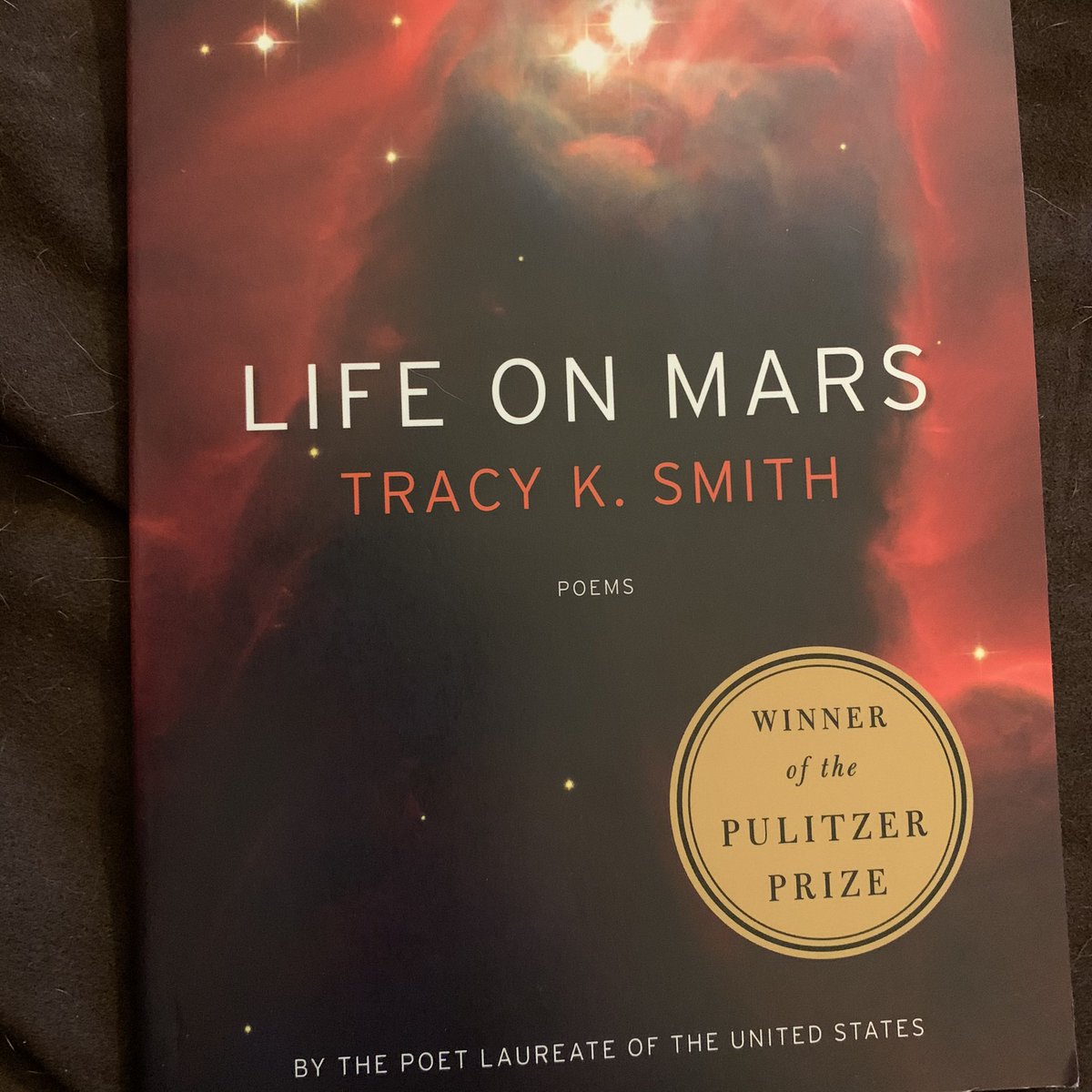

When the Times Higher Education asked Smith the “impossible question” (Smith’s words) of what the most “evocative” or “powerful line of poetry” is, Smith offered D. In “The Nobodies” (a clear allusion to Dickinson’s poem) in Duende, Smith imagines “the first man” as composed of, in part, “divine shit”: the word “divine” is as intentional as “shit,” a tension that will later take on the scale of the cosmos throughout Life on Mars.

At the same time, Smith’s sense of the smallness of the “I” doesn’t yield dismissiveness.

It believes in its expansiveness, but it’s also profoundly humble, cognizant of the fact that there is nothing smaller than one individual’s life, or even than the species as a whole. Her poems often interrogate what it means to be an “I,” and, by extension, what kind of an “I” makes a good poet. Smith has been in dialogue with Dickinson’s poem since long before such queries were put to her. You can hear echoes of Dickinson’s discomfort with such a “dreary,” “public” “Somebody” in the replies that Smith gives to questions like, “So how does one become the poet laureate?” This question begins a profile of Smith in Roll Call, and the profile responds by quoting Smith: “That’s something I really don’t know the answer to I’ve just been doing what I do and got the phone call one day.” It also castigates those who feel otherwise: SMITH has often spoken about her affinity with Emily Dickinson’s poem “I’m Nobody! Who are you?” Dickinson’s poem doesn’t bemoan obscurity and insignificance it celebrates them. “An Old Story,” Wade in the Water (2018)


 0 kommentar(er)
0 kommentar(er)
